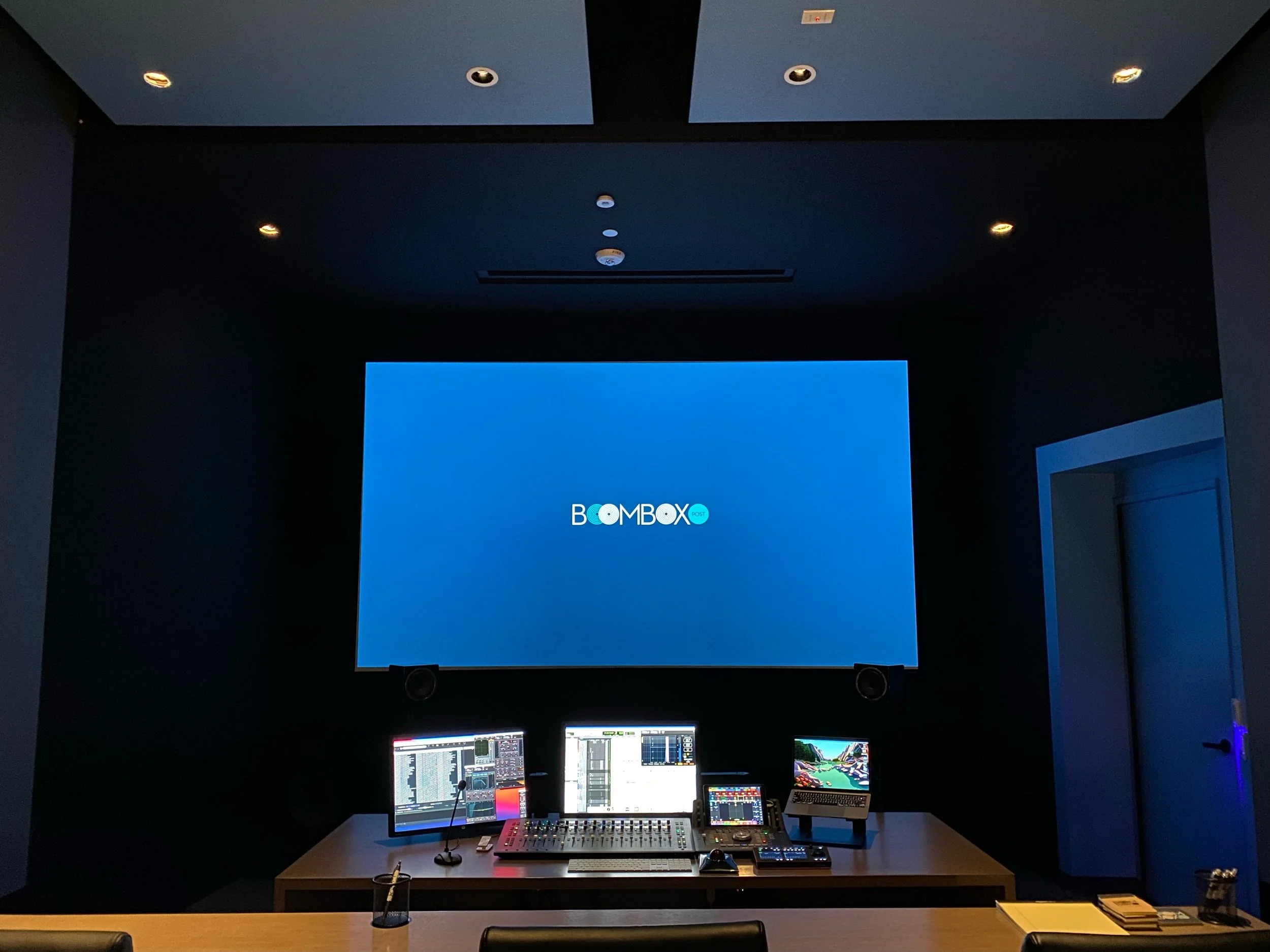Do you typically arrange your plugins and windows in a specific way for your editorial and mixing work? What if your window layout loaded up the same every time opposed to requiring you to reconfigure from scratch? Let’s break down how to take advantage of Pro Tools Window Configurations!
Viewing entries tagged
clients
Every productive day starts with the right mindset—and the right snacks. Long days of editing, mixing, and sound designing can’t run on caffeine alone! Here’s a peek at the snack lineup that powers the Boom Box team through long mixes, heavy editorial and the occasional plugin crash.
Building out your studio desk and workspace can become very expensive. But not every upgrade has to break the bank. Sometimes it’s the small, thoughtful additions that end up having the biggest impact on your workflow, comfort, and overall studio vibe. Here are five wallet-friendly upgrades you can make to your home or professional studio that make an impact without hurting your wallet (too much).
The average American spends 8.5 hours a day working. That’s 42.5 hours a week, and a whopping 2,210 hours every year! If, like me your job ties you to a desk, that space is probably the only place other than your bed in which you’ll spend nearly that much time. But how many of us give any consideration to how the space is set up? Or how we position ourselves at that desk? Here’s a basic checklist for you to run down in order to optimize your workspace, and in turn, your overall wellbeing and health.
A re-recording mixer possesses many technical skills. Here at Boom Box Post, we’ve covered the subject in countless posts. But outside of the technical realm, what other skills are useful on the job? Here are my top 10.
A radioplay is a vital step exclusive to the animation pipeline; however, there is a lot more to the process than simply editing one together. In this post we outlines the basics of a radioplay and their importance in the production workflow.
The first mix of any project, especially long-term projects like a television series, is always the hardest. Everyone involved in the sound package has done their best to put creative high-quality sound into the session. The mixing team have put in the effort to create a mix that they believe is of a quality that could air on television right out of the box. But, then the clients step into the room.
As a mixer, I try my best to do justice to the content. I use all of my tools to achieve balance and clarity. But the clients always have their own unique agenda of what’s important to the story for them, which plot-points need a little extra clarity from the sound, or which emotional beats are essential for the music to carry. There is no knowing these priorities and sensibilities until you’ve sat down in a room with the clients and gone through their notes one by one.








